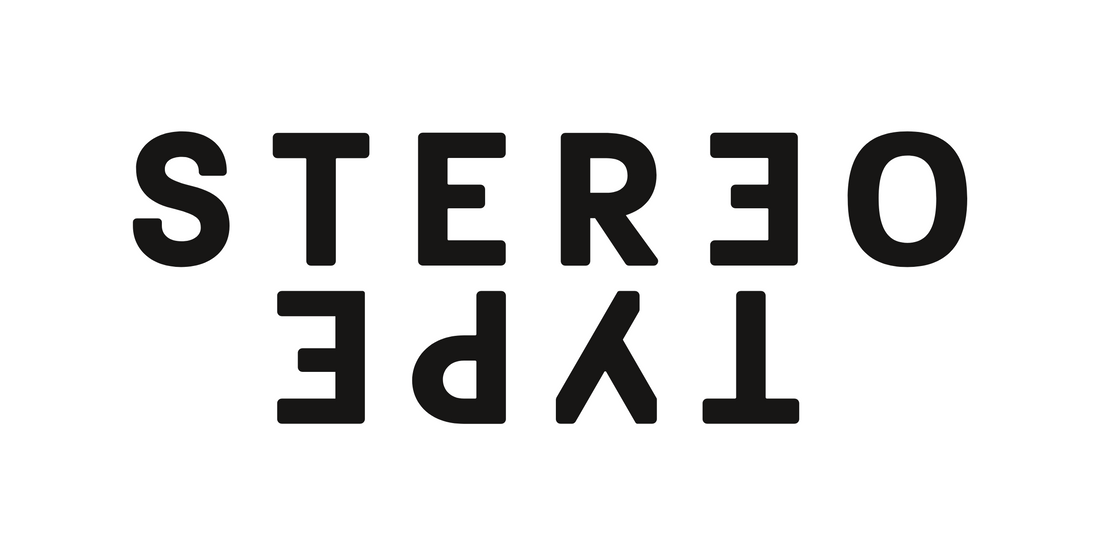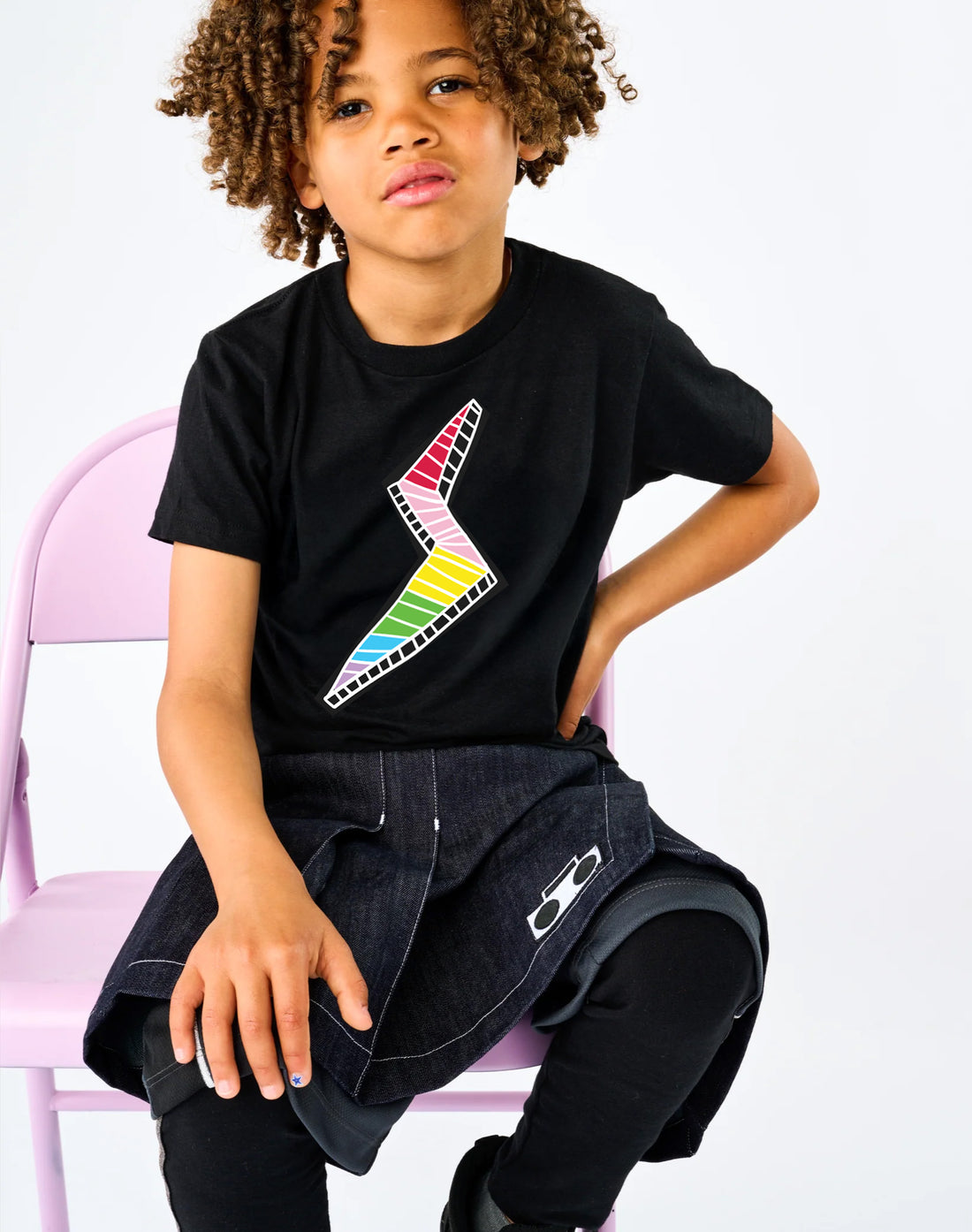StereoType Blog
Rebecca Minor: Parenting Beyond The Gender Binary

As a Gender Specialist, I often interact with parents and caregivers who want to raise their children with a more inclusive view of gender, but who aren’t sure how to do it. In order to simplify the process and make it less overwhelming, read on for a list of ways that you can support your child in their growth beyond the limitations of the gender binary!
Listen to your child and follow their lead
Your job as a parent or caregiver is to allow your child the space to discover themselves naturally and authentically. If you’re noticing signs that your child might be trans or gender non-conforming, it’s important that you give them the opportunity to come into themselves on their own. Ultimately, a child’s journey with gender identity is a personal one, and they deserve the space to discover themselves.
What this means for you, is that you should be a curious and supportive witness to their exploration! Let them know that you are there for them and support them regardless of their identity. No choices they make right now have permanent implications so it’s ok to let them play. Keep breathing and see if you can follow their lead on this journey.
Educate yourself on gender and sexuality
While your child needs time, space, and support to learn more about themselves, you can take some of the emotional labor off of their shoulders by doing your own research on gender and sexuality. Instead of relying on your child to define terms or explain concepts (like how to use they/them pronouns) do that work yourself! Just a simple Google search can let your child know that you care enough to learn and grow for them. Be patient with yourself as there is a lot of information and new language to get comfortable with. Consider taking a course like How To Talk To Kids About Gender; Essentials For Parents & Caregivers
Introduce gender non-conforming toys, activities, and clothes
Depending on the age of your child, you can assist them in exploring beyond the gender binary in a variety of ways. If your child is young, don’t be afraid to introduce toys and games into their life regardless of gender. Ignore the “blue for boys, pink for girls” discourse and show your child that they can play with any toys they so choose! Offering options and giving your child an opportunity to choose is a wonderful way to support their exploration.
If your child is older, you can have a conversation with them about clothing and self-presentation. Consider sharing if there are certain clothes you do or don’t like wearing and ask them how they feel about different articles of clothing. This is all an opportunity to get curious together! If they want to change their hair, or start to wear clothes from a different section of the store, support them by exploring what options are out there. Whether or not your child is showing signs of being gender expansive, letting them know that they can present themselves how they wish is a great way to support them.
Understand that Rapid Onset Gender Dysphoria (ROGD) is NOT a thing!
One of the biggest myths to clear up about trans and gender non-conforming children and teens is the myth of ROGD. Have you read a headline or seen someone on social media talking about transness as a “trend”? Or, seen misinformation arguing that young people are somehow “catching” being trans from their friends because it’s “popular”?
Articles that support this research ignore the deeply flawed methodology of the research and present ROGD as a legitimate diagnosis, which it is not. One of the biggest ways to support your child is to know the truth behind this research and to understand that they are going through a unique journey with their gender identity, and aren’t being “influenced” by their trans peers.
Take care of yourself, too!
While your child is the one going through this journey, you are along for the ride. While beautiful, it can be a long and tiring one that leaves parents feeling like they need to have all the answers. It’s important that you stay solid in order to support them. Take care of yourself, trust your love of your child, and allow yourself time and space when you need it. This list of affirmations and tips for parents of queer and trans youth can serve as a reminder on the days you doubt yourself—don’t be ashamed to use it.
Consider Parent Coaching Support
Parents ask me all the time how they can best support their child in their journey. Some parents get the support they need from community, friends, and wonderful free resources like PFLAG. If you still have outstanding questions or want more individualized or private support, consider meeting with me for Parent Coaching.
Coaching is more active and future oriented than therapy. There is no medical framework to coaching, and our work will instead focus on bridging the gap between where you are now, and your envisioned future with you and your family.
Click here to book a 15-minute call with me to see if parent coaching is right for you.
Want to see what others have said? Check out these testimonials from real parents, just like you:
“Rebecca created a space for us to be vulnerable and offered support as we shared all our hopes and fears. Our family is thriving right now, in great part to our very fortunate connection to Rebecca Minor.”
“As a cisgender parent, I don’t always have the knowledge of LGBTQ+ issues that my child needs. Rebecca always knows just what to do, and has been a lifesaver in my child’s gender journey.”
“She has given us hope. She has helped our family find its way.”
More resources
To download a PDF of gender and sexuality terms click here.
Has a kid in your life recently come out to you? Check out my guide!
Sign up for How To Talk To Kids About Gender, the course that helps parents and caregivers have the not-so-difficult conversations that matter about gender.
By Rebecca Minor
_____
Rebecca Minor, MSW, LICSW is a neuroqueer, femme, clinician, consultant, and educator specializing in the intersection of trauma, gender, and sexuality. As a Gender Specialist, Rebecca partners with trans and gender nonconforming youth through their journey of becoming and is a guide to their parents in affirming it. Rebecca is part-time faculty at Boston University School of Social Work and always works through a neurodiversity-affirming, trauma-informed, and resilience-oriented lens. In addition to her clinical work, Rebecca has provided cultural humility training and consultation to organizations, schools, and businesses for the past decade.






